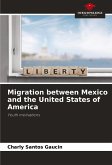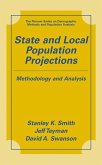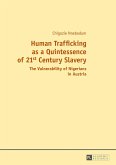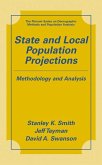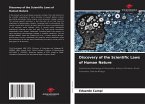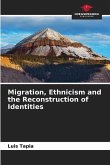In today's globalized world, international migration is undoubtedly one of the most important issues, not only because of its social implications but also because of its impact on economic, cultural and political relations between societies. It is necessary to generate greater interest in the academic field to deepen the multidimensionality of the migratory phenomenon and generate knowledge inputs to address it positively. In the last twenty years, the international movement of people has grown exponentially, which has generated a diversification and complexity in the structuring of societies, both as receivers and generators of migrants. It has been pointed out that the flow of migrants comes mainly from southern or so-called developing countries, which is why it is necessary to understand this problem through a cross-cutting analysis of the processes of migration.
Bitte wählen Sie Ihr Anliegen aus.
Rechnungen
Retourenschein anfordern
Bestellstatus
Storno


